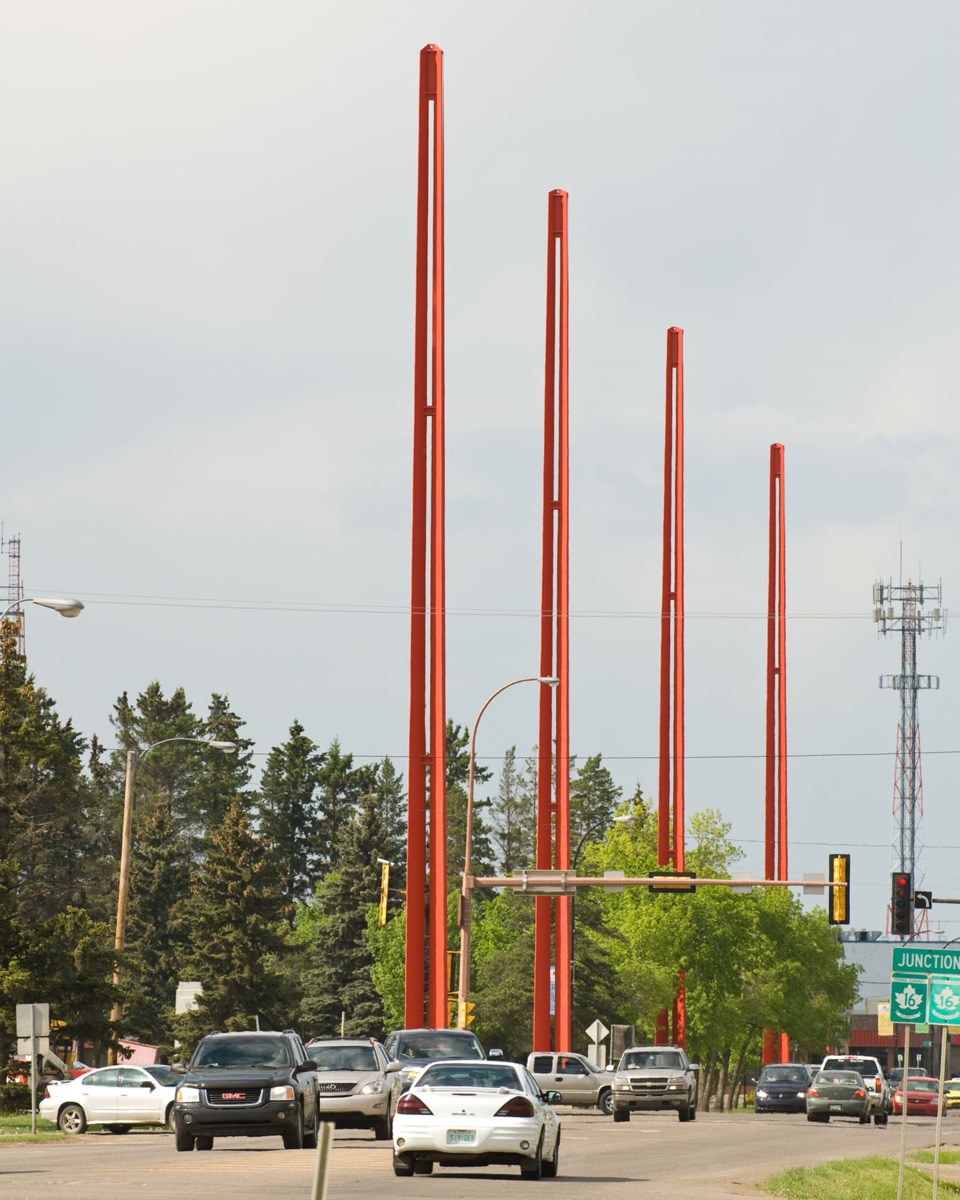A few weeks ago I wrote about how American geopolitical strategist Peter Zeihan seems to be pretty darn accurate in his predictions. I just finished his 2014 book, The Accidental Superpower: The Next Generation of American Preeminence and the Coming Global Disorder. Chapter 12 hit me like a ton of bricks. In it, he analyzes тАЬThe Alberta Question.тАЭ
His analysis, five years ago, is pretty much spot on, but not for reasons most people would consider. He correctly identifies the federal equalization program being the root cause of frustration, placating Quebec, initially at the expense of Ontario, тАЬbribing Quebec to remain part of a united Canada.тАЭ And the Clarity Act then paved the road to succession, but for Alberta.
As OntarioтАЩs fiscal situation changed, due to aging demographics, Alberta ended up paying the freight.
As someone who specializes in demographics, he points to the aging population in Ontario and Quebec, and the young populations in Alberta and Saskatchewan. They are getting older, and their population needs more support, so they will essentially suck the West dry.
Fundamentally, he poses the very real question that some day, Alberta will consider leaving Canada as a result. And if it does, Saskatchewan would be the next up to fill the funding gap Alberta would leave behind, which we all know would be ludicrous. Thus, Canada would break up, with much of it being absorbed by the United States. Alberta would be the first, and such a union would change most of its╠¤ current headaches within Canada into economic advantages within the U.S. Indeed, it would become the richest state in the union, and it would get one third more for its oil.
Remember, he wrote this five years ago. Five years ago, only the truly radical were talking about western separation regularly. Now it is a daily, even hourly, occurrence.
I am seeing growing evidence of this movement, тАЬThe Alberta Question,тАЭ as Zeihan put it, each and every day. On my LinkedIn, I saw this post from David Moore, a Calgary-based oil and gas sales professional:
тАЬтАжregarding the upcoming election. In the event a leftist majority, minority or coalition on Oct. 21: 1. Who would sign an official petition demanding their province hold a referendum to secede from Canada? 2. Who would vote to secede from Canada if that referendum were to be held?тАЭ
David Yager, energy writer extraordinaire (and someone who had been heavily involved in AlbertaтАЩs Wildrose Party), wrote in EnergyNow.ca on Oct. 17, тАЬThe political leftтАЩs collection of anti-oil, anti-Alberta campaign pledges have driven western alienation and anger to levels not witnessed since Pierre Trudeau was Prime Minister nearly 40 years ago. They ensure the industryтАЩs bad situation will never improve by promising to kill the Trans Mountain expansion, ban fracking which effectively ends LNG exports, promise Quebec it will never see another pipeline, and even shut in the oil sands in 11 years. The campaign has been breathtaking in its shallowness and shameless partisan regionalism.тАЭ
In the Globe and Mailon Oct 17, W. Brett Wilson said, тАЬSeparation might have been everyoneтАЩs seventh choice," he says. "ItтАЩs now second, in a lot of minds.тАЭ
Trust me, these are the tamest comments IтАЩve seen about western alienation and possible separatism.
On election day morning, I spoke to a man from Lloydminster, Drew Lake, who told me, тАЬNational unity hangs in the balance of this election today. Educated, reasonable individuals without hesitation would support separation. To me, itтАЩs unbelievable that weтАЩve gotten to this point.тАЭ
Let me point out that he brought it up, not me. Lake was one of the organizers of protests in Lloydminster against the federal governmentтАЩs disastrous energy policies like Bills C-48 and C-69.
While many would blame this growing existential crisis on Prime Minister Justin Trudeau, and rightly so, Zeihan underscores the resentment runs much deeper than whomever occupies the prime ministerтАЩs office. And I donтАЩt think that will go away no matter who forms government.
Zeihan thought Alberta will get more serious about succession once they culturally see themselves more as Albertan than Canadian. He pointed to the rise of the Wildrose Party at the time. What we have seen in the past five years, however, is ever increasing frustration with being stymied, especially on export pipelines, while being continual bled white fiscally. Different paths, same conclusion.
тАЬAs time progresses, as energy becomes more and more important to Alberta, as AlbertaтАЩs economic existence has less and less to do with Canada, and as the net financial cost for maintaining Canadian citizenship rises from todayтАЩs $6,000 per citizen, per year, to something that might be considered onerous, the question of Alberta identity will become unavoidable,тАЭ Zeihan wrote.
Many here would add that Saskatchewan would be the next down that path.
I wore an officerтАЩs uniform as a reservist, as did my wife. Our shoulder flashes said, тАЬCanada.тАЭ ItтАЩs pretty hard to take all this separatist talk. I believe in Canada.
But if we donтАЩt fix Canada, now, starting Oct. 22, we might lose it.
╠¤
Brian Zinchuk is editor of Pipeline News. He can be reached at [email protected].




